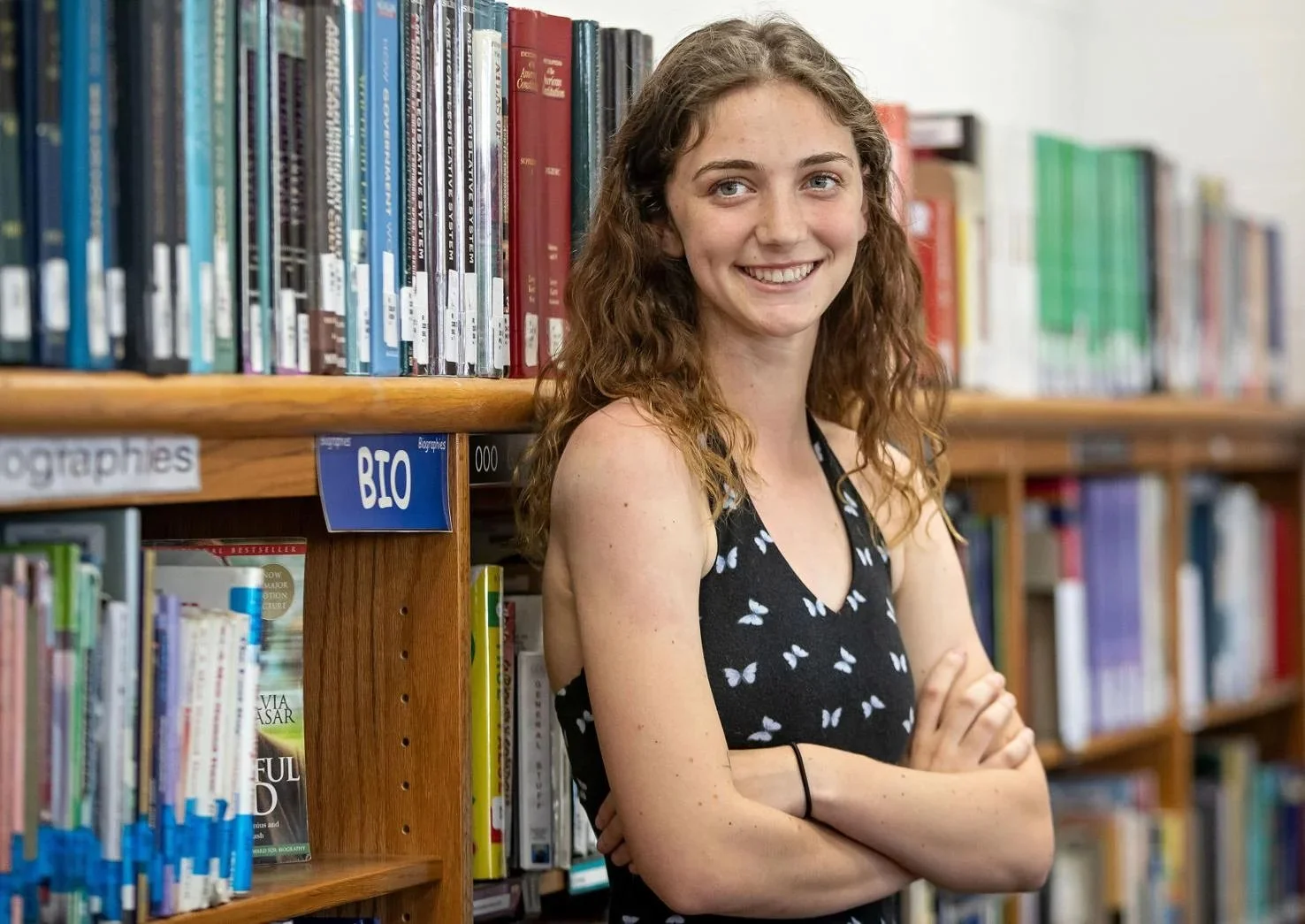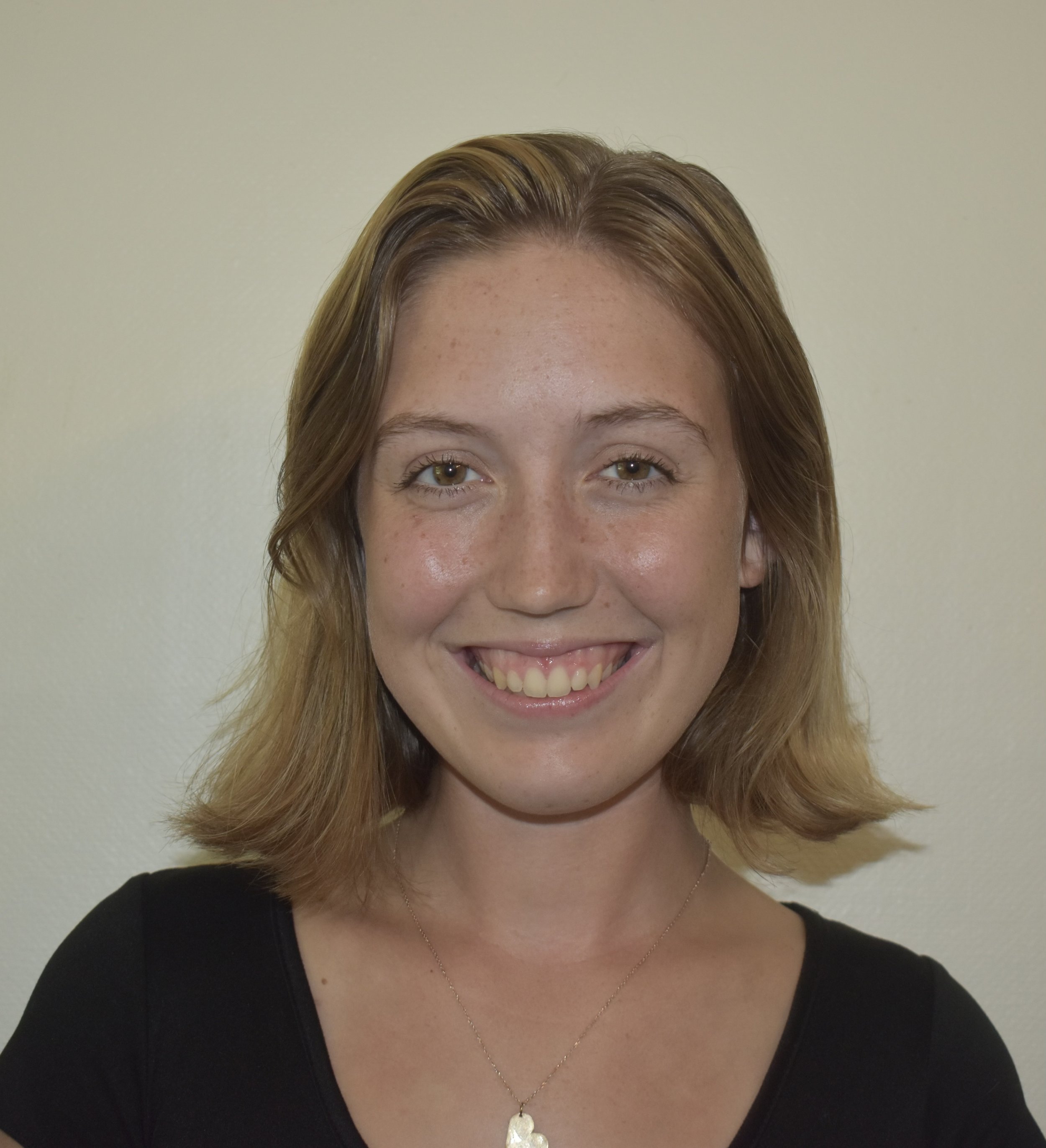Today’s guest is Christina Koch, a record setting NASA astronaut. She has been an astronaut since 2013. In February 2020, she returned from a 328 day mission, making her the record holder for the longest space mission by a female. During that mission she also participated in the first ever all-female spacewalk. We are super excited to interview Ms. Koch, her personal story and achievements are very inspiring and just outright cool! We greatly appreciate her taking time from her busy schedule to share her thoughts, insights, and experiences with us. We hope you enjoy this conversation as much as we did!
Show Notes & Links Of Interest
Introduction and background [0:00]
Question: Where did Ms. Koch grow up and what was her childhood like? [1:04]
Question: Were there other careers she envisioned for herself when she was younger? [2:01]
Question: What does she think she would be doing if she was not an astronaut? [2:27]
Question: What was one of the hardest things for her to overcome on her journey to success? Did she ever consider giving up?[3:10]
Question: How does she handle self doubt and “imposter syndrome”? [5:31]
Stereotype Threat [6:55]
Question: How has she handled change over the course of her career? [8:42]
Question: Is there anything she has completely changed her opinion on over the course of her career? [10:10]
Question: What advice would she give to someone wanting to be an astronaut? [11:55]
Question: Does she see the field of space growing in the future? [15:07]
Question: Does she think space vacations will become a prevalent thing in the future? [16:55]
Question: How long does she think it will be until humans travel to Mars? [18:00]
Question: Who was her original role model? [19:25]
Question: How should young women find role models and mentors? [21:16]
Question: How does she deal with failure? [23:11]
Question: Does she have a particular failure that she feel helped her in a positive way? [25:15]
Question: What is something cool about space that people don’t normally realize? [26:57]
Question: What was the hardest aspect of living in space? [28:20]
Question: What did she have to do upon her return to Earth to adjust to normal life? [29:49]
Question: Can she explain what she was doing in Antarctica earlier in her career? [32:33]
Question: Can you tell the listeners what the all-female spacewalk and record mission length means for women in space? [34:15]
Question: With all her accomplishments, what is left on her bucket list? [35:40]
Question: What one quality or trait does she think young girls should embrace? [36:39]
Christina Koch’s Bio
Summary:
Christina Hammock Koch was selected as an astronaut by NASA in 2013. She completed astronaut candidate training in 2015. Koch graduated from North Carolina State University with a Bachelor of Science in Electrical Engineering and Physics and a Master of Science in Electrical Engineering. She most recently served as flight engineer on the International Space Station for Expedition 59, 60 and 61. Koch set a record for the longest single spaceflight by a woman with a total of 328 days in space.
Personal Data:
Koch is a native of Grand Rapids, Michigan, grew up in Jacksonville, North Carolina and resided in Livingston, Montana before relocating to Houston, Texas to join the Astronaut Corps. She is married to Robert Koch. Her parents are Barbara Johnsen of Frederick, Maryland and Dr. Ronald Hammock of Jacksonville, North Carolina. Koch enjoys backpacking, rock climbing, paddling, surfing, running, yoga, community service, photography and travel.
Education:
Koch attended North Carolina State University in Raleigh, North Carolina, where she earned a Bachelor of Science in Electrical Engineering (2001), a Bachelor of Science in Physics and a Master of Science in Electrical Engineering (2002). She attended high school at the North Carolina School of Science and Mathematics in Durham, North Carolina (1997) and White Oak High School in Jacksonville, North Carolina.
Experience:
Koch’s career prior to becoming an Astronaut spanned two general areas: space science instrument development and remote scientific field engineering. Her career began as an Electrical Engineer at the NASA Goddard Space Flight Center (GSFC) Laboratory for High Energy Astrophysics, where she contributed to scientific instruments on several NASA space science missions. Koch then became a Research Associate in the United States Antarctic Program from 2004 to 2007. This included a yearlong stay with a winter-over at the Admunsen-Scott South Pole Station and a season at Palmer Station. While in this role, she served as a member of the Firefighting and Search and Rescue Teams. From 2007 to 2009, Koch returned to space science instrument development as an Electrical Engineer at the Johns Hopkins University Applied Physics Laboratory’s Space Department. She contributed to instruments studying radiation for NASA missions, including Juno and the Van Allen Probes. In 2010, Koch returned to remote scientific field work with tours including Palmer Station in Antarctica and multiple winter seasons at Summit Station in Greenland. In 2012, Koch continued work at remote scientific bases with the National Oceanic and Atmospheric Administration (NOAA). She served as a Field Engineer at NOAA’s Global Monitoring Division Baseline Observatory in Utqiagvik, Alaska and then as Station Chief of the American Samoa Observatory. Throughout her career, she was involved in in technical instructing, volunteer tutoring and educational outreach.
NASA Experience:
Koch participated in the NASA Academy program at Goddard Space Flight Center (GSFC) in 2001 and worked as an Electrical Engineer at GSFC from 2002 to 2004. Koch was selected in June 2013 as one of eight members of the 21st NASA astronaut class. Her Astronaut Candidate Training included scientific and technical briefings, intensive instruction in International Space Station (ISS) systems, plus training and certification in spacewalking, ISS robotics, T-38 and T-6 aircraft flight, and Russian language. In 2018, she was assigned to her first space flight, a long duration mission on the International Space Station.
Koch was a part of ISS Expeditions 59, 60 and 61. She launched on March 14, 2019 from the Baikonur Cosmodrome on a Soyuz spacecraft with NASA Astronaut Nick Hague and Russian Cosmonaut Alexey Ovchinin. She returned to Earth on February 6, 2020 on a Soyuz spacecraft with ESA Astronaut Luca Parmitano and Russian Cosmonaut Alexander Skvortsov. The crews she served on contributed to hundreds of experiments in biology, Earth science, human research, physical sciences and technology development. Some of the scientific highlights from her missions include improvements to the Alpha Magnetic Spectrometer, which studies dark matter, growing protein crystals for pharmaceutical research, and testing 3D biological printers to print tissues in microgravity. Koch conducted six spacewalks, including the first three all women spacewalks, totaling 42 hours and 15 minutes. She has spent a total of 328 days in space.
Awards/Honors:
NASA Group Achievement Award, NASA Juno Mission Jupiter Energetic Particle Detector Instrument, 2012; Johns Hopkins University Applied Physics Laboratory, Invention of the Year nominee, 2009; United States Congress Antarctic Service Medal with Winter-Over distinction, 2005; NASA Group Achievement Award, NASA Suzaku Mission X-ray Spectrometer Instrument, 2005.




